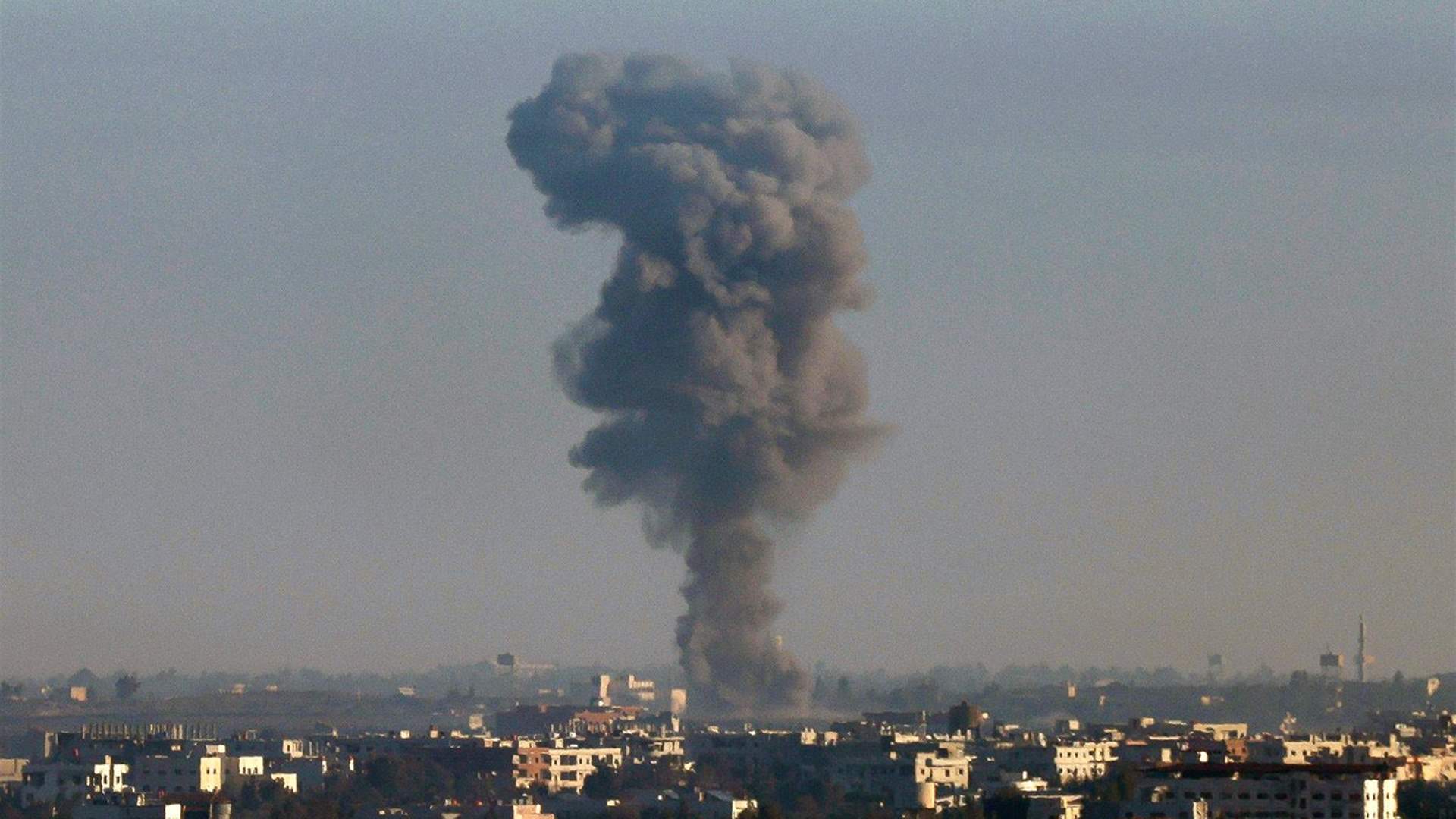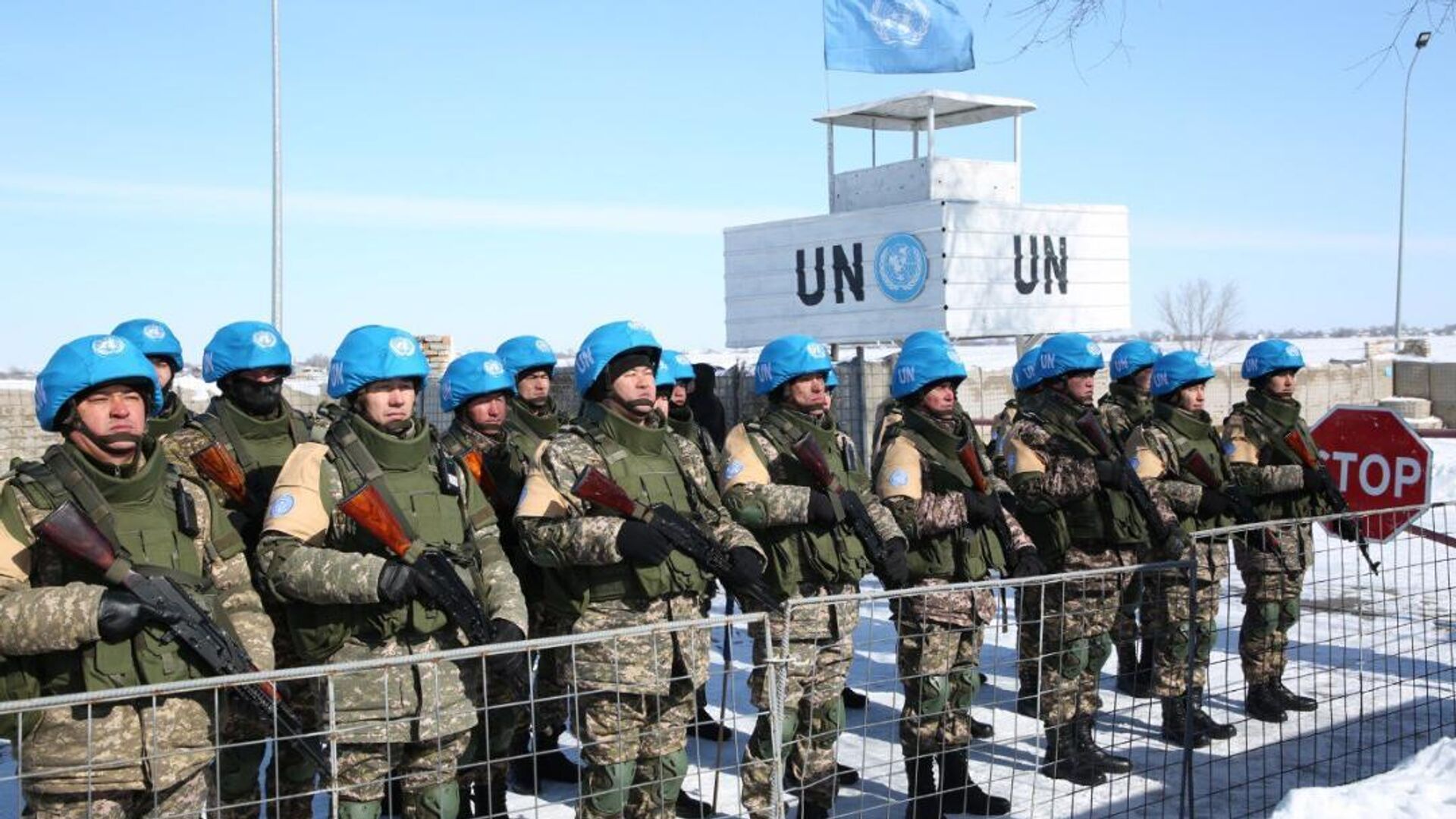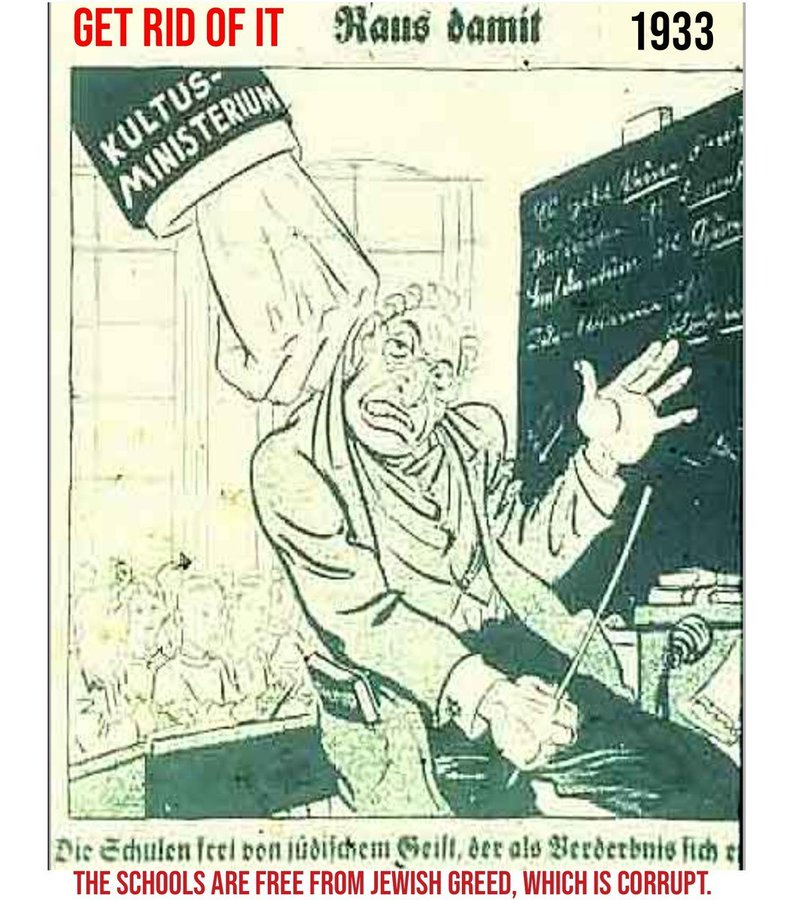Israeli Strikes on Syria: Total Destruction of Military Infrastructure
Over two days, Israel launched approximately 300 missile strikes across Syria, destroying much of its military infrastructure, including air defense systems. Simultaneously, infighting erupted among pro-Turkish and other Syrian groups, a situation that may align with Israel’s broader strategy of destabilizing Syria to occupy new territories.

Scale of the Strikes
Reports indicate a massive Israeli military campaign:
- Around 300 strikes targeted strategic sites, including weapon depots, missile installations, and air defense systems.
- Air Defense Eliminated: Syria is now almost defenseless against aerial threats.
The precision and coordination of these operations demonstrate Israel’s intent to neutralize Syria’s military capabilities.
On-the-Ground Situation
During Israel’s strikes, pro-Turkish factions and other armed groups within Syria engaged in clashes, leading to:
- A lack of unified response to the external threat.
- Further weakening of coordination among Syrian armed forces.
Analysts suggest this internal fragmentation plays into Israel’s strategy of destabilizing Syria and diverting its leadership’s focus.
Israel’s Possible Objectives
While Israel often states its actions aim to counter threats from Iran and groups like Hezbollah, the recent escalation may serve additional purposes:
- Territorial Expansion: Weakening the Syrian army could pave the way for the occupation of new territories.
- Political Destabilization: Exploiting Syria’s internal conflicts to undermine centralized authority.
- Preventing Future Threats: Destroying missile and military assets reduces Syria’s capacity to challenge Israel.
International Reactions
So far, most countries have remained silent. However:
- United Nations: Likely to issue calls for restraint, though concrete actions remain unlikely.
- Iran and Russia: May intensify rhetoric about protecting Syria, but their capacity to rebuild the destroyed infrastructure is limited.
Implications for Syria and the Region
- Military Vulnerability: The loss of air defenses and missile systems leaves Syria exposed to future attacks.
- Political Fragmentation: Internal conflicts continue to erode the country’s ability to recover.
- Strengthened Israeli Position: Israel gains a significant strategic advantage in the region.
The editorial board is not responsible for the content and accuracy of material taken, sent or obtained from other sources. The publication of such materials is for informational purposes only and does not imply automatic endorsement or approval of their content.

























